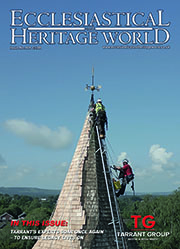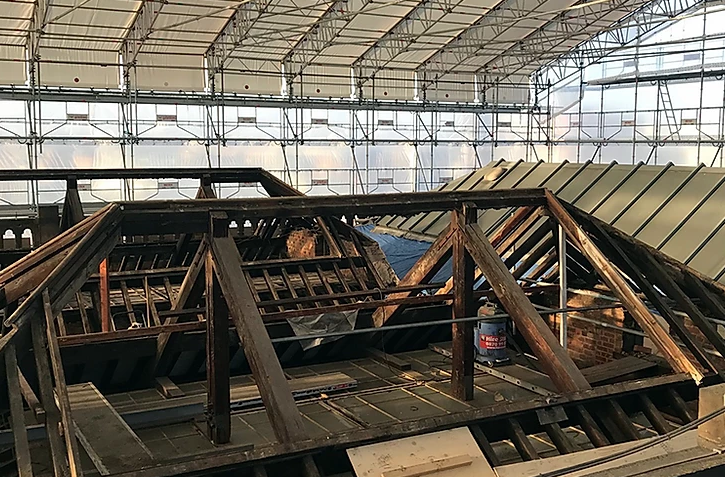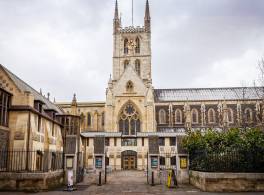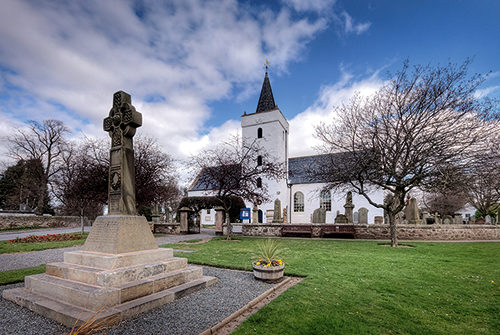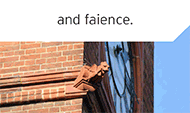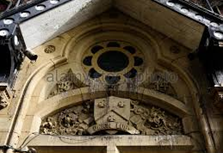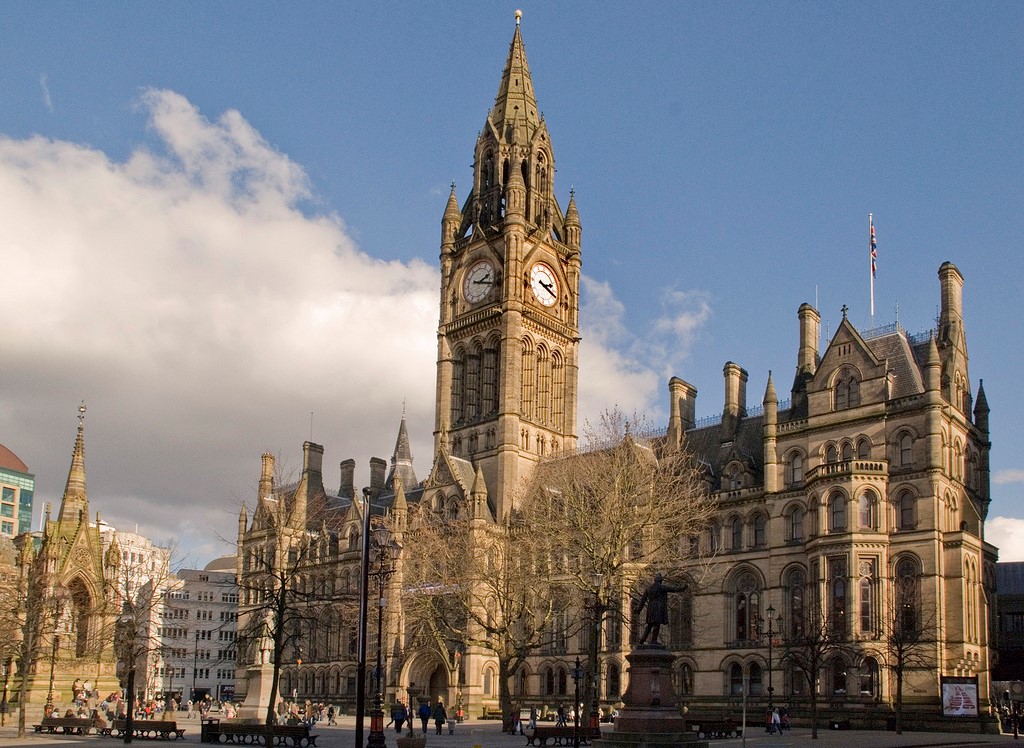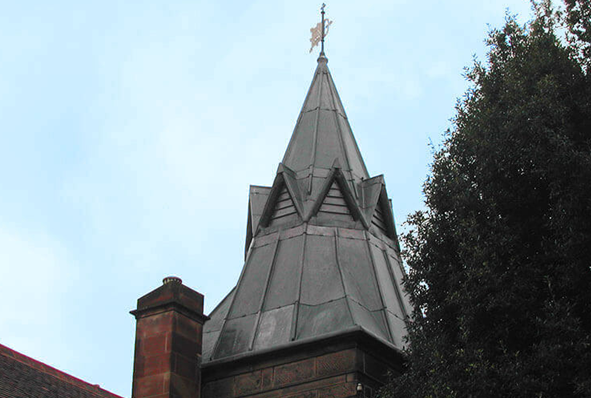Heritage Roofing
Heritage roofing - maintaining our iconic buildings
The UK is home to some of the most iconic buildings in the world, from stunning churches and cathedrals to historic stately homes. Each and every one of these remarkable feats of architecture requires regular maintenance to ensure they remain in the very best condition, allowing them to be enjoyed for generations.
Cathedral Care
Restoration and upkeep of cathedrals
There are some 42 Anglican cathedrals in the UK, not to mention 20 or so Catholic cathedrals. Cathedrals form the most important collection of historic buildings in England. The largest and most ancient are internationally famous, the smallest are usually among the most significant buildings in their region and even the most recent are architectural masterpieces.
Master Craftsmen
Championing our heritage with modern craftsmanship
Twenty years ago, English Heritage (now Historic England) published its first-ever Register of Buildings at Risk across England, which featured nearly 2,000 buildings and monuments that were ‘neglected, broken and unloved’. Recently Historic England was delighted to announce that over two-thirds of those buildings were now safe, in both urban and rural areas right across the country.
Lightning Protection
When lightning strikes are you protected against this act of God?
The issue of lightning protection in churches is one that has exercised this publication for many years. In this four-part series of spotlights on the issue we will be revisiting various aspects of the subject, beginning with an overview of current thinking.
Traditional Lime
Lime: it’s better for buildings – and for the environment
It is now fairly well known that cement is not good for old buildings and that lime mortar should be used. But why? What are the advantages and what are the disadvantages? In order to begin to answer those questions it is necessary to understand the nature of traditional building, the process by which buildings used to be built, and how it differs from modern construction, the process by which we build today.
Audio Visual
Audio visual equipment in church buildings
This guidance is issued by the Church Buildings Council under section 55(1)(d) of the Dioceses, Mission and Pastoral Measure 2007. As it is statutory guidance, it must be considered with great care. The standards of good practice set out in the guidance should not be departed from unless the departure is justified by reasons that are spelled out clearly, logically and convincingly.
Read More...
CRE Events
Churches are coming under starter’s orders for CRE 25
Churches across the nation are beginning to make preparations for their visit to Christian Resources Exhibition’s CRE 25.
Insurance
You need to ensure that reasonable precautions are in place at your church to keep it safe for those who use it. To do this, you need to think about what might cause harm to people.
You will then need to decide if the precautions already in place are adequate. If they are not, you may need to identify further action to prevent any danger. When done formally, this is known as a risk assessment.
LPOW Grants
£23 million government package to support restoration of thousands of listed places of worship
Heritage Minister Sir Chris Bryant has announced that the Listed Places of Worship Grant Scheme will be extended into the next financial year, providing £23 million so that thousands of historical buildings, including churches, synagogues, mosques and temples, can carry out restoration work.
Church Maintenance
Church maintenance and repair: Calendar of Care
Just as prevention is always better than cure, maintenance is preferable to major repairs. But, such repairs may not always be avoidable. Church Care offers a monthly guide in our coming issues Starting in Spring
We can help you understand the common problems and areas that need your special attention, and give you tips for regular maintenance schemes.
Pest Control
Michael Palin warns of pest threat to churches
Michael Palin is supporting the future of the UK’s historic churches and chapels with a voiceover for a new animated film. The 80 second animation, produced for the National Churches Trust, highlights why churches are some of the nation’s best loved buildings.
Town Halls
The history of the great Victorian Town Halls of Northern England
From industrial squalor to civic pride, the story behind some of the most impressive buildings of the North involve a unique mix of economics, grand designs and noble sentiments within communities.
Lead Roofing
Lead is one of the oldest materials in the roofing industry and is still commonly used throughout the world today.
Lead roofing is a traditional roofing method which has been used in the industry for hundreds of years, and is therefore proven to be extremely reliable. Lead roofing, and sand-cast lead, in particular is ideal for old buildings such as churches or historical renovations, whereas milled lead roofing is a mass-produced alternative, used for precision and accuracy in homes and commercial buildings alike.
SEARCH OUR DIRECTORY
PIB single ply stays 50 years in prime condition
A roof in PIB, the world’s oldest and most sustainable single ply membrane, has stayed in perfect condition for over 50 years on a building in Germany.
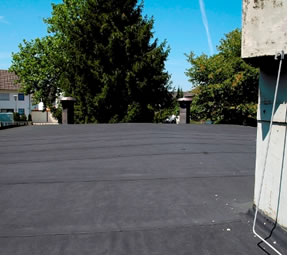
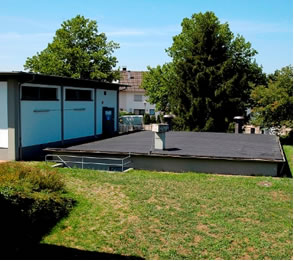
What is thought to be the oldest fully functional roof with a full-sized synthetic waterproofing was discovered in Eggenstein-Leopoldshafen in 2005. Dating back more than 50 years then, the water treatment building was used for the temporary storage of drinking water which supplied the adjacent housing estate in peak times.
A roof that could leak untreated rainwater into the village’s drinking supply was unthinkable and so the best membrane available in 1955 – Prewanol PIB – was originally chosen.
Today, its successor Rhepanol is proven to be the oldest and most environmentally friendly single ply in the world. It is the only membrane with a unique Life Cycle Assessment and meets DIN EN ISO 14040 part ff.
Fifteen years ago, the village water treatment building was superseded by a new larger plant room and so was left unused for a whole decade. On examination in 2005, the roof did not show any significant damage and even the detailing to two integrated roof vents remained defect free.
As manufacturers of PIB-based membranes, Prewanol and Rhepanol fk, FDT invited State Material Testing Institute (MPA) of Darmstadt to undertake an independent analysis of the membrane’s integrity including the welded seams. The results confirmed that the roof was still fully waterproof and performing well, and provide conclusive proof that product in situ after 50 years is eminently more convincing than standard laboratory ageing procedures.
Today, the Rhepanol range of membranes, which are suitable for new build, over roofing, green roofs and under photovoltaic panels, is only available in the UK from SIG Design & Technology and can only be installed by their trained and licensed contractors who are members of DATAC.
Call 01509 505714 or visit www.singleply.co.uk
-Ends-
Photocaption
A roof in PIB, the world’s oldest and most sustainable single ply membrane has stayed in perfect condition for over 50 years on a building in Germany.
Media contact: Julia Smith Aura PR Tel : 01636 611 774 Email: This email address is being protected from spambots. You need JavaScript enabled to view it.
Notes to Editors
- SIG Design & Technology designs, supplies and guarantees exclusive 21st century roofing solutions. Their experienced technical team works in partnership with clients, and using especially manufactured, comprehensive product portfolio, provides unique solutions.
- Every component is carefully tested and selected for its sustainability, functionality, longevity and/or aesthetic strengths to guarantee total roofing solutions from inspiration to installation.
- The DATAC Accredited Contractor scheme was launched in autumn 2009.










